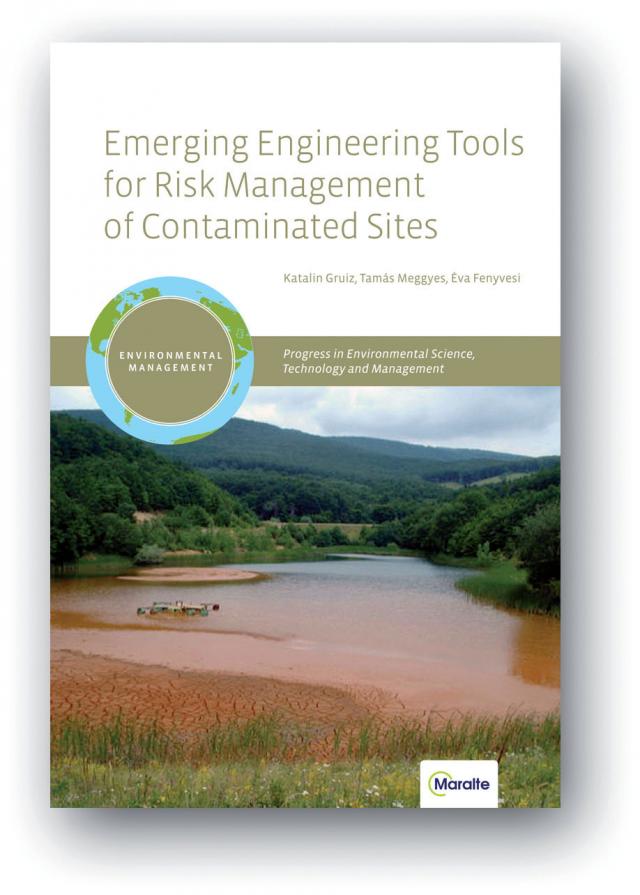A new book is planned to be published (in English) by Maralte (Leiden, The Netherlends) Publishing House ( http://www.maralte.com), editors Katalin Gruiz, Tamás Meggyes and Éva Fenyvesi summarising the new results of environmental engineering research and the associated technical methodologies and tools. The topics dealt with are based on 15 years research-development and publication experience of the Department of Applied Biotechnology and Food Science of the Budapest Unviersity of Technology and Economics. The book plans to offer a holistic view establishing a comprehensive approach to environmental problems of our planet conbtributing to the development of environmental science, technology and management primarily in the interest of a sustainable environment.
The environment is a complex and dynamic system, encompassing both nature and built elements,
incorporating people as its key actors. Environmental protection is a science- and engineering-
based management practice. However, even current best-management practices are
insufficient to achieve the complex and challenging goals of environmental protection and
land use. This book presents the main outcomes of the MOKKA project. The actual methods and
technologies developed within the mokka project include new tools for risk management, risk
assessment and risk reduction. A broad range of scientific summaries and specific methodological
issues are provided, which will contribute to the development of environmental science,
technology and management, and establishes a comprehensive approach to environmental
problems of our planet. This book will be of interest to environmental scientists in academia,
research institutes, industry and government.
Main chapters of the book:
• Smart Environmental Risk Management (ERM): an introduction
• Risk management of contaminated sites and decision making
• Environmental Risk Assessment (ERA)
• Risk assessment methodology
• Site assessment and monitoring tools
• Risk reduction (RR)
• Basics of risk reduction
• Traditional and innovative remediation technologies
• Evaluation tools of remediation technologies
• Organic pollutants: case studies
• Inorganic pollutants: case studies
• Conclusions and outlook
• Index
